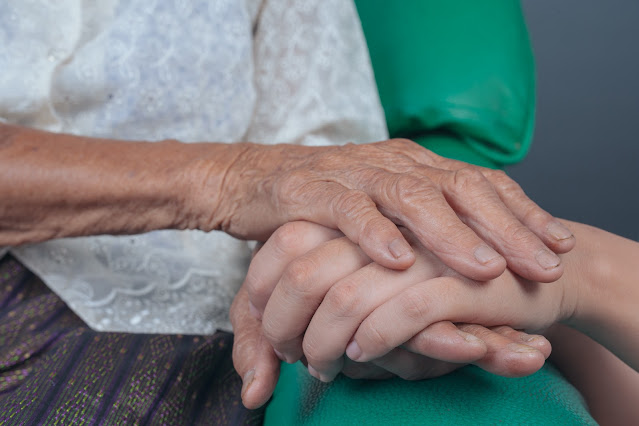What is Palliative Care and How do Palliative Care Services Work?
Suppose you have a loved one that has been suffering from a long-term illness or advanced age. In that case, palliative care can be an excellent option for getting pain, discomfort, and other symptoms managed so that you can continue with treatments for your illness without the additional burden of your caregiving needs. Do you want to learn more about it and find out how palliative care services work? Read this complete review and find out more!
What palliative care is?
Palliative care is a specialised form of healthcare meant to improve the quality of life for patients in their last days. The services offered to depend on the needs and location of each patient but may include:
- Arranging appropriate home care.
- Managing treatment.
- Providing emotional support.
- Coordinating other community services.
There are also palliative care Melbourne specialists or consultation teams that work with other physicians and inpatient staff to provide a holistic framework for supporting patients throughout the end of their lives.
How palliative care works with other medical treatments. Palliative care aims not to replace a patient's usual medical treatment. It is all about improving the quality of this treatment through patient-centered communication and cooperation across different teams, not just in hospitals. The palliative approach is often better received, even when it involves disruption or discontinuity of medical care. The approach of monitoring and managing symptoms in the context of a patient's life is less threatening and effective than trying to modify their mindset.
What it can offer at the end of life
Providing relief of pain and other symptoms along with therapy, palliative care aims to not only keep the quality of life high for patients but also provide a better experience in dealing with chronic & terminal illnesses such as dementia & cancer. This means that the goal is to improve quality of life to the best of their ability, regardless of how long they're able to help or even if they're unable to help. A palliative care team can provide physical and psychosocial support, medicine if necessary and spiritual support.
Ways that you can provide support to a loved one who has cancer
Caring for a loved one who has cancer can be incredibly demanding and may bring up many complex and challenging emotions. Cancer is a very personal life event, and each person will respond to their diagnosis differently. Here are things you can do to give support that may help: listen to and acknowledge their feelings, set hours of the day when you won't interrupt them; offer different kinds of physical expression of caring like cooking for them or making a meal for them in advance, so they don't have to cook; not placing blame on either the caregiver or the patient, and accepting that your loved one may or may not want to be taken care of by you.
What are the different types of care?
Two types of care were mentioned in the blog: custodial and non-custodial. Custodial care refers to personal care assistance, such as dressing, bathing, help with eating, doing laundry, or housework. Non-custodial care includes planning a day's activities to ensure the person can live life to the fullest. Along with these different types of care, some workshops help people understand their options from a palliative perspective.
Conclusion
Even in the home, Palliative care often cannot be cost-effective due to the high intensity of nurses, doctors, and medications. Palliative care can also become limited as it is only practised at certain times. Therefore, it is not always a permanent solution to all needs.



Comments
Post a Comment